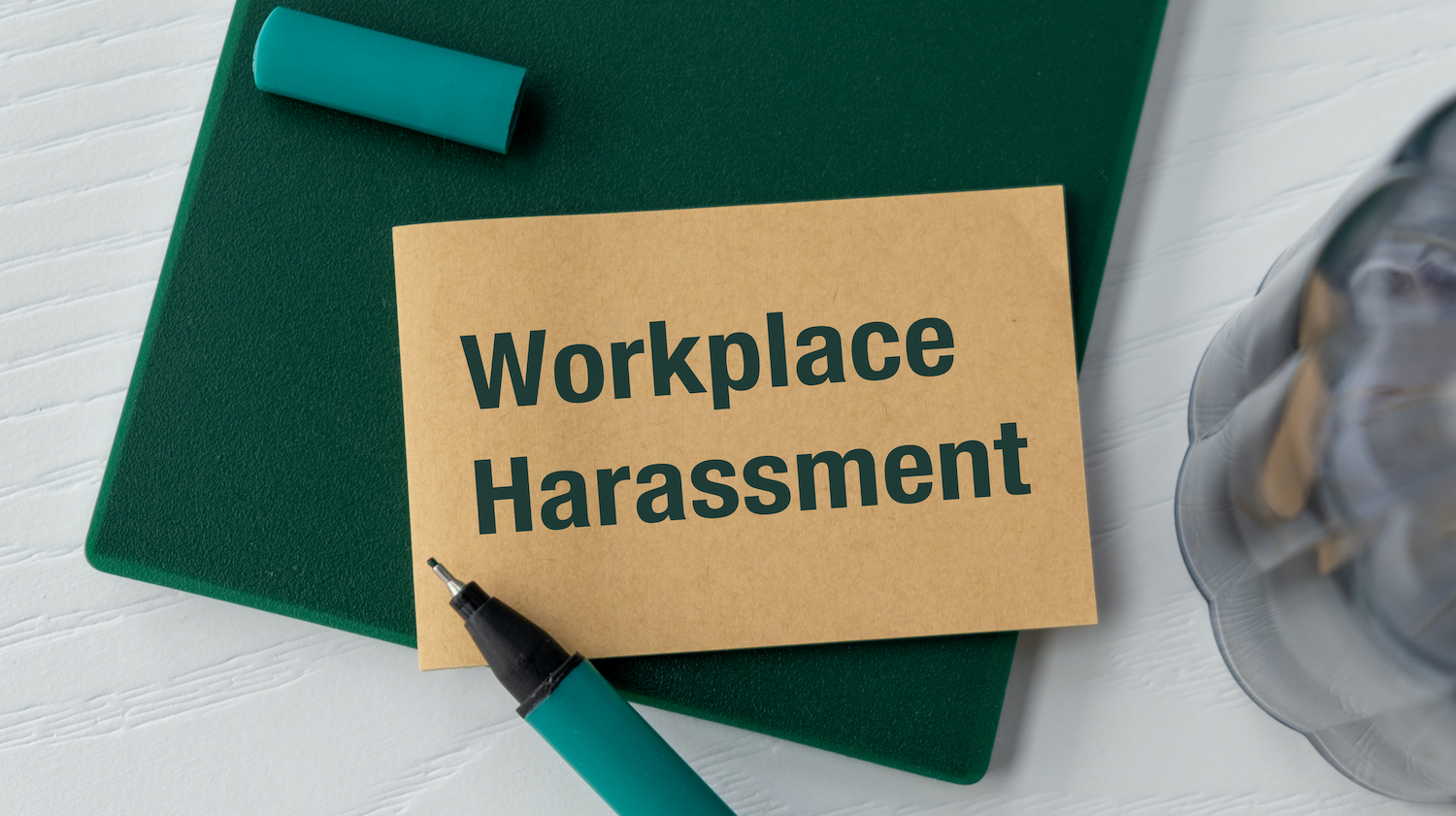
How to implement a drugs and alcohol testing policy
Nick Hobden explains what construction companies need to consider before introducing a workplace drugs and alcohol testing policy
What is the best way to introduce a workplace drugs and alcohol testing policy?
Drugs and alcohol misuse in the workplace may seem a sensitive subject, but with more than a quarter of employers disciplining a member of their workforce for drug and alcohol related abuse in the past two years, it is something more employers should be thinking about.
Before implementing any drug and alcohol testing processes, employers need to ask: “What is the policy of tests trying to achieve?” If drug or alcohol use is going to cause a risk to the health and safety of any employees or others, then it would be worth considering.
Can employers test whomever they want, when they want?
Simply put, no. Employers must ensure that the staff being tested have given their consent. Consent may be given if the requirement for drugs tests is incorporated into the contract of employment and/or the employee handbook that contains a contractual right to test.
Tests must be carried out completely randomly. If certain groups or individuals are approached for testing more often than others, this may leave the company at risk of discrimination claims. The only way this may be permitted is if this would be justified by the nature of the individual or group roles.
Employers should also limit the number of employees that need to be tested.
What should employers be cautious of?
Employers need to be aware that all tests should be carried out strictly in accordance with the instructions accompanying the test kits. Although this may sound like an obvious point, some tests are designed to be simple enough to be carried out by anyone, whereas others require certain training. If an individual carries out the test where they have not been trained, this leaves employers open to criticism.
It is important that employers think about whether drug and/or alcohol misuse in the workplace is treated as a disciplinary or capability matter, or a health concern. If someone is dismissed because of drug and/or alcohol misuse without an employer trying to help, a tribunal may consider this to be unfair dismissal.
“Employers can be prosecuted if they knowingly allow an employee to be in the workplace, while they are under the influence of alcohol or drugs.”
Employers have a legal duty to ensure the health, safety and welfare of all employees whilst at work. Employers can be prosecuted if they knowingly allow an employee to be in the workplace, while they are under the influence of alcohol or drugs and so a clear policy should be established not only to protect employees but also employers.
What can employers do if an employee tests positive for drugs or alcohol?
If the company has an enforceable drug and/or alcohol tests policy, it is likely that there is a zero-tolerance policy and that any misuse will be likely be a gross misconduct offence. If this is the case, a full investigation should be followed which will include a full disciplinary procedure (ensuring that the company handbook is followed).
A fair and thorough process, in line with the ACAS Code of Practice on Disciplinary and Grievance Procedures should always be followed.
It is, of course, important to emphasise that employers do have a duty to protect the welfare of their employees. Screening for drugs and alcohol and dismissing employees for misuse will not solve the problems caused by drugs and it is unlikely to prevent people from misusing if they have an addiction.
What should an employer do if an employee discloses that they have a drug or alcohol dependency?
Although substance abuse does not qualify as a disability and so does not directly qualify for protection under employment law, the addiction may be caused by an underlying health condition, for example depression or anxiety or post-traumatic stress disorder, which may qualify as a disability (if the condition (impairment) has a substantial long-term adverse effect on the employee’s ability to carry our day-to-day activities) and so reasonable adjustments in the working environment would need to be made to support the employee.
Drug and alcohol dependency are recognised medical problems. Someone who is misusing drugs or alcohol has the same rights to confidentiality, protection of their (special category of medical) data and support as they would if they had any other medical or psychological condition.
If you are made aware that an employee has a substance abuse problem, the first step is to carry out a detailed risk assessment of their role and the effects their problem may have, taking into consideration the health and safety of themselves, their colleagues and the public. It may be that their duties will need to be temporarily adjusted until they recover.
The next step would be to have a discussion with the employee. If the addiction is caused by something work related, reasonable steps should be taken to resolve this (for example reducing workload if stress seems to be the underlying cause).
If there are still concerns with the employee’s misuse of alcohol or substances and the employee will not engage in, for example, an external programme to manage and reduce or eliminate their habit, employers can still take disciplinary or capability action, which may ultimately result in dismissal.
Nick Hobden is partner and head of employment law at Thomson Snell & Passmore.
This article was originally published in Construction Management.







